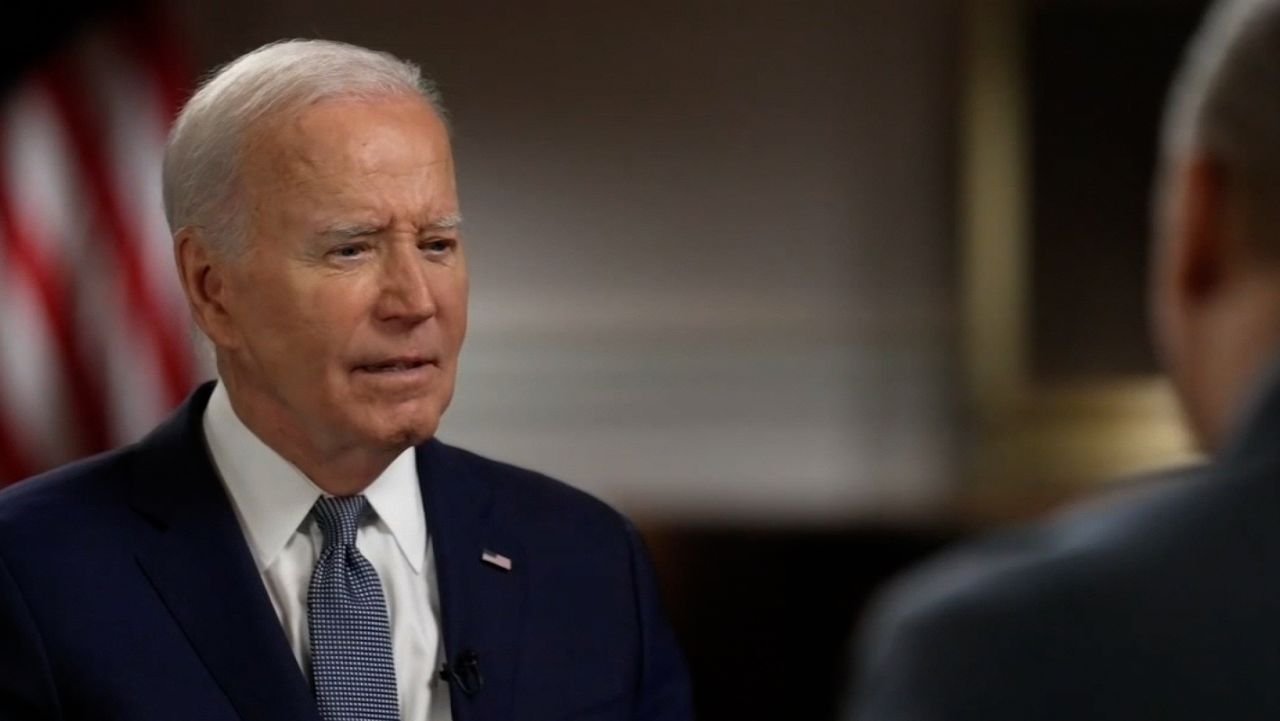Amid the ongoing humanitarian crisis that has unfolded in the weeks since Russia invaded Ukraine, education advocates are working to ensure Ukraine’s displaced children are not forgotten.
More than 4.6 million people have fled Ukraine to neighboring countries since the invasion began, according to data from the United Nations High Commissioner for Refugees. They have primarily fled to Poland, as well as Romania, Hungary, Russia and Moldova, which, like Ukraine, declared its independence from the Soviet Union in 1991.
Though one of the poorest countries in Europe, Moldova has welcomed the equivalent of 15% of its population in a matter of weeks, with over 415,000 fleeing there from Ukraine, according to the U.N.
Many refugees have moved on to other European countries, though about 100,000 remain in the country currently, according to Education Cannot Wait, the United Nation’s global fund for education in emergencies. Of those, 50,000 are school-aged children. Only 1,800 of those children are currently enrolled in school in Moldova, the organization said.
As Moldova welcomes refugees, the educational needs are “enormous” and its educational capacity is “overstretched” and “strained,” Yasmine Sherif, director of Education Cannot Wait.
The needs, she said, include teachers who can not only meet the demand, but also address language barriers — the official language of Moldova is Romanian, while most people in Ukraine speak Ukrainian. Teachers who are trained to address the mental health needs of the refugees, who may be suffering from post-traumatic stress disorder, are another.
Read Also: Shanghai lockdown tests resilience of ‘Zero-COVID’ strategy, as economic and social tolls grow
Sherif, who visited Moldova this week to visit schools and talk with local officials and refugees, recalled meeting a mother who fled from Odessa with her two daughters.
“The mother broke down crying, and her daughters seemed also very traumatized from the experience,” she said. “On top of her mind is not her own suffering but how she can ensure that her daughters feel safe and that they can continue their schooling.”
Ukraine’s Ministry of Education and Science has coordinated online lessons, though comprehensive remote learning for refugees is also challenging due to damaged infrastructure across Ukraine and impacts on teachers, Sherif said. More than 900 education facilities in Ukraine have been destroyed or damaged during the fighting, according to Education Cannot Wait.
The demands on Moldova may only continue to grow, with a second wave of refugees possible as the conflict continues, Sherif said.
Education Cannot Wait announced on Wednesday a $1.5 million grant to support the educational response to the refugee crisis in Moldova that will be delivered in partnership with the government of Moldova, which has developed a framework for the schooling of refugees, including those who have applied for asylum.
Sherif said the funding could go toward rehabilitating educational facilities and training teachers who speak Ukrainian, including refugees.







